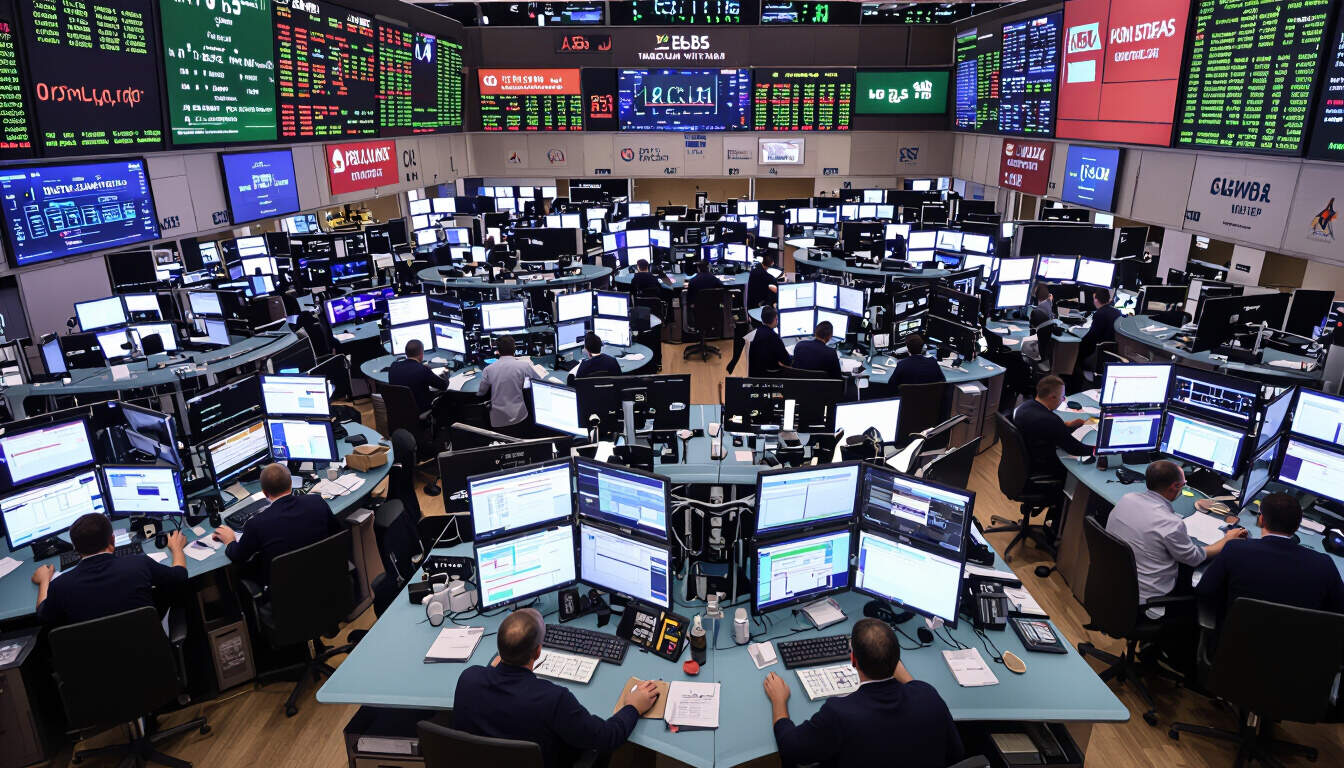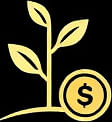Basics of Commodity Trading for Beginners
 by Verner Mayer
by Verner Mayer
Learn the fundamentals of commodity trading and how it can help you build wealth. This guide covers essential concepts, steps to start trading, and practical strategies for everyday people aiming for financial independence through commodities.

Commodity trading offers a straightforward way for individuals to generate income by dealing in raw materials like oil, gold, and agricultural products. Many people see it as a path to financial growth. To begin, it's important to grasp what commodities are and their role in the market.
Commodities are physical goods that can be bought and sold, such as metals or crops. These items form the backbone of global trade and provide opportunities for profit. For example, gold often serves as a safe haven during economic uncertainty.
The process of trading commodities involves buying and selling contracts on exchanges. Traders speculate on price changes due to factors like supply and demand. This method allows everyday individuals to participate without owning the actual goods.
Starting with commodity trading requires some basic knowledge. First, open an account with a brokerage that specializes in futures or options. Next, educate yourself through online resources or courses. Building a solid foundation helps avoid common pitfalls.
Key Steps to Get Started
To make money in this area, follow these simple steps:
- Research the market: Analyze trends in various commodities to identify potential opportunities.
- Set clear goals: Decide how much you want to invest and what returns you aim for.
- Practice with simulations: Use demo accounts to test strategies without real risk.
One effective approach is focusing on futures contracts. These agreements obligate the buyer to purchase an asset at a set price by a certain date. By predicting price movements accurately, traders can secure profits.
Another strategy involves diversification. Spread your investments across different commodities to reduce risk. For instance, balance energy products with agricultural ones for a more stable portfolio.
Making money through commodity trading isn't guaranteed, but with discipline, it's achievable. Consider the story of a small investor who turned a modest stake into significant gains by timing the market well. Success often comes from patience and learning from experiences.
Risks and Rewards
Every trade carries potential risks, such as price volatility from global events. However, rewards can be substantial if you manage these challenges. Use stop-loss orders to limit losses and protect your capital.
For aspiring entrepreneurs, commodity trading provides financial independence. It empowers you to control your earnings and build wealth over time. Many have used this method to supplement income or even quit their jobs.
Practical tips include staying informed about news that affects commodity prices. Track reports on weather patterns for crops or geopolitical events for oil. This knowledge gives you an edge in decision-making.
In practice, start small to gain confidence. Invest only what you can afford to lose and gradually increase your involvement. Over time, you'll develop intuition for market patterns.
Commodities like oil can offer high returns due to their sensitivity to global demand. By monitoring economic indicators, traders can spot trends early.
To stay motivated, remember that consistency is key. Track your progress and celebrate small wins. This mindset helps maintain focus on long-term goals.
Ultimately, commodity trading is about turning knowledge into profit. With the right approach, everyday people can achieve financial growth and independence through this accessible market.
